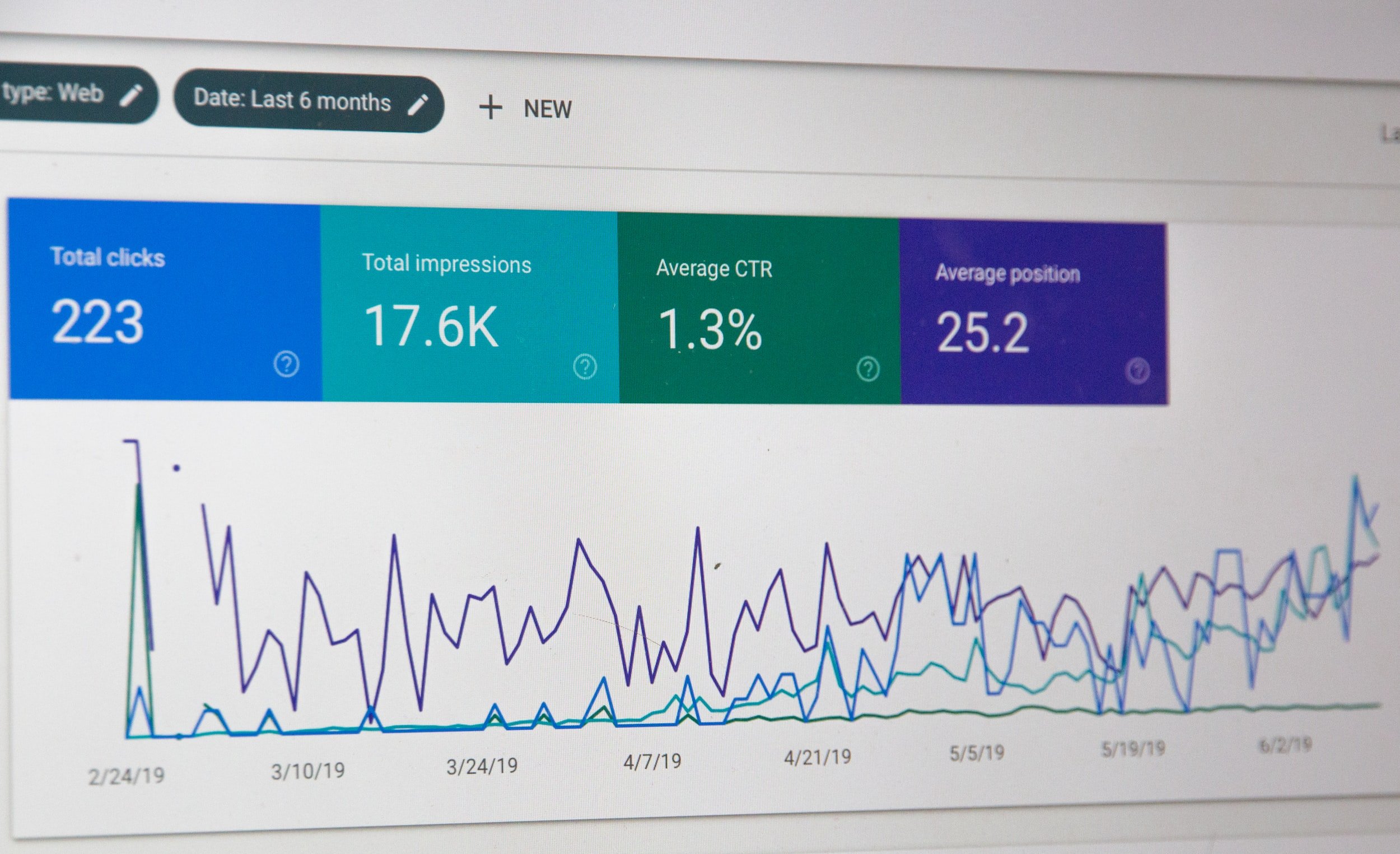In business, there’s many facets to being successful. It might be being an expert in business finance; sales; research and development; or administration. However one skill that gets overlooked is clear and crisp communication. Marketing copywriting is essential to the success of any business. Like other types of business skills, can you learn it yourself? If so, how do you learn copywriting?
What is copywriting?
As I’ve explained in other blogs, copywriting is the art (and sometimes science) of writing text (known as copy) to persuade someone into taking an action - usually to buy something, sign up for a list, make an appointment, and so on. There are different types of copywriting and copywriters, which you can read more about here.
Once you’ve made your mind up about what type of copywriter you’ll end up being, you need to learn it all. The more forms of writing you can master, the more opportunities open up for you.
How do I start learning copywriting?
When you want to learn how to write, there’s only one place to start. Reading. Reading everything from sales letters, ad copy, blogs, forum posts, books, everything. If you aren’t a reader, you probably won’t get a kick out of copywriting, unfortunately!
You firstly need a good command of written English (or your home language.) I’ve put together a list of books on improving your written English here.
For some specific books, I recommend:
Scientific Advertising by Claude Hopkins
Ogilvy On Advertising by David Ogilvy
The Gary Halbert Letter by Gary Halbert
The Adweek Copywriting Handbook by Joseph Sugarman
Impossible to Ignore by Dr. Carmen Simon, Ph.D.
The Elements of Eloquence by Mark Forsyth
Copywriter's Handbook: A Step-By-Step Guide to Writing Copy That Sells by Robert W. Bly
You’ll also have to start practising your craft by writing, writing, and writing some more! Then, editing.
How can I learn copywriting skills?
Learning copywriting skills can be learned by repetition, continuous improvement, and if you so desire, under the supervision of a teacher or a mentor. One of the crucial skills of a copywriter not only choosing the right words but knowing which ones to cut. You also need to do that while remaining professionally detached from the finished product.
Editing yourself
Much of the art of copywriting is the judicious and ruthless editing of yourself. There’s a great book by Bruce Ross-Larson called Edit Yourself which can get you started. If your writing is bloated and full of unnecessary words or sentences, you’ll need to take some time making your writing punchier and more succinct. It may be worth your time hiring a professional editor to give you pointers.
Formal learning for copywriters
As I’ve mentioned in this post How To Become a Copywriter, you can take courses in professional writing and editing. This isn’t essential but can give you a leg up if you’re a complete beginner.
Ego is the enemy
Much of a copywriter’s output will be credited to someone else - but you also have to maintain the utmost quality regardless of who takes the “glory.” 90% of the time, you’re a hired gun. Much like a tradesman, you can make suggestions based on your expertise, but ultimately, you’re hired to build from the plan (or brief, as it may be.)
How long does it take to learn copywriting?
How long is a piece of string? I’m a copywriter and I am still learning! However, to get a grounding in the basic skills should take you at least a year, possibly two if your written communication skills are basic at best.
What are the essential copywriting skills, and how do I learn them?
There are a few essential copywriting skills - that is knowing the mechanics of good grammar, syntax, and sentence construction. Knowing that verbs power writing and that you should omit needless words. That persuasion is achieved through a combination of logos, pathos, and ethos, and that a good piece of writing should be able to overcome objection in advance. As for learning them:
Hand copying the greats
This is how the famous Hunter S. Thompson (author of Fear and Loathing in Las Vegas) did it - and how you can do it. That is, typing out ads and webpages that are known to be successful. There’s no real way around it; but it will give you a feel for what works and what doesn’t.
Stealing!
It’s true - good artists borrow, great artists steal. If you hear or find a sentence or tagline you think is really great, write it down. Save it for later. I’ve stolen about five things in this blog post already (you’ll never catch them, though!)
Following the formulas
Like genres in fiction, there are formulas in copywriting. Learn them and familiarise yourself with them. One such formula is the “FAB” formula - feature, advantage, benefit. You will get a feel for what type of formula matches the product or service you intend to sell. Mix, match, and experiment.
Formatting your copy
Formatting text for your medium is important as the words you choose. Sometimes one influences the other, such as specific UX wireframes and character counts.
Learning how to research
In SEO and content writing, you’ll likely be writing blog posts, either for yourself or as a ghostwriter. You need to learn how to research your topics and even do some original research, e.g. interview subjects or create surveys as well as interpret the results. Getting people to open up and feel comfortable during an interview is a must-have skill. Ask as many questions as possible, until you start hearing answers that sound the same.
Added to that, you should have a good working knowledge of the latest SEO techniques, analytics, and basic HTML/CSS.
Knowing your audience
This is as much psychology as it is writing. If you want to write compelling characters in fiction, you need to get inside people’s heads. What do they want? What are they motivated by? What would make them need this product? What would make them want it? This means getting a handle on your own emotions and motivations - which is no easy feat.
Ask for help
When in doubt, ask for help from a professional or your mentor.
Improving your copy
This might seem overwhelming - but don’t feel stressed! This can take many years to master. To start, you should try to make your everyday communication as punchy and concise as possible. That means emails, reports, and blogs. Don’t know how? Don’t worry - I have you covered with my online Skillshare course, Write Like a Boss right here! It covers all the essentials of clear and memorable business writing. Best of all, you get one month of Skillshare free.
The next steps - how to become a copywriter
If you believe you have the skills and are ready to take on the world of copywriting, click here for my comprehensive blog on How to Become A Copywriter.









